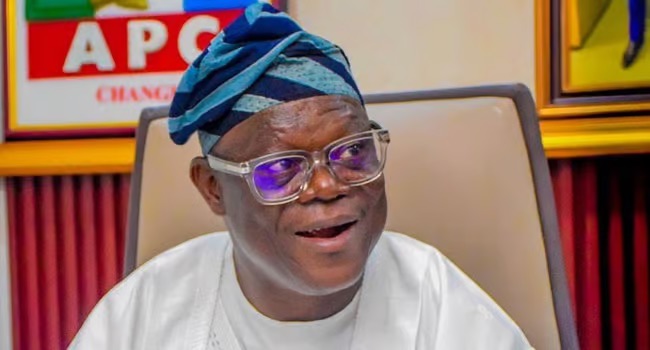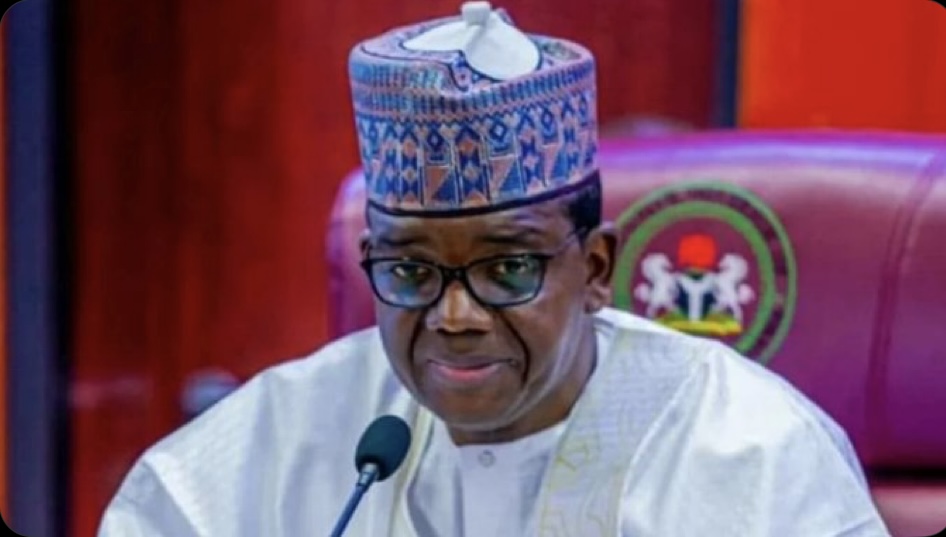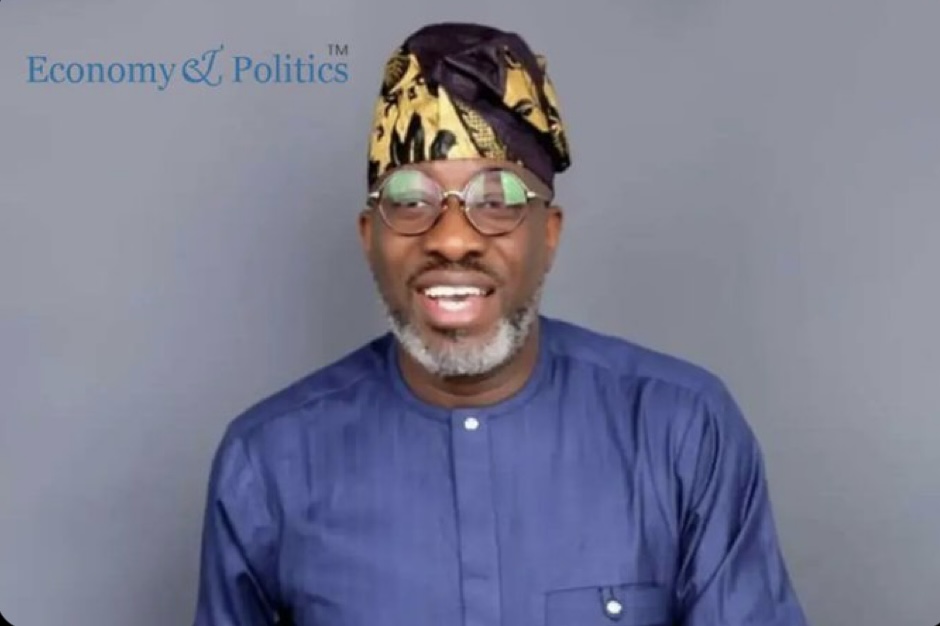One-Party Dominance is Democracy in Action,” Says APC Secretary, Dismissing Gaslighting Claims

The National Secretary of the All Progressives Congress (APC), Senator Ajibola Basiru, has fiercely defended the party’s ambition for complete political dominance across Nigeria, labeling criticisms of a move toward a one-party state as “gaslighting.”
Senator Basiru asserted that the party should aspire to secure every seat in the legislature—from the Senate to state assemblies—and framed this aspiration as a natural part of the democratic process.
In a recent and provocative statement, the APC chieftain addressed concerns that the ruling party’s growing influence is eroding multi-party democracy in the nation.
“We should not allow anybody to gaslight us,” Senator Basiru stated, pushing back against the narrative. “Let it be that all 109 in the Senate are members of APC, 360 of the reps should be APC, and all the state assemblies should be APC. It’s part of democracy.”
The Secretary’s comments came as he simultaneously accused opposition elements of employing a contradictory strategy: criticizing the APC for becoming too powerful while allegedly seeking to remove President Bola Ahmed Tinubu from office.
“The APC National Secretary, Ajibola Basiru, says some people are trying to gaslight the APC by claiming that we are moving towards a one-party state in Nigeria, while at the same time they want to chase President Tinubu out of the Villa,” the statement read.
Senator Basiru’s remarks underscore a key tension in Nigeria’s current political climate. While the Nigerian Constitution guarantees a multi-party system, the APC’s increasing majority control at both the federal and state levels has fueled debates about the health of the country’s opposition and the risk of institutional imbalance.
Proponents of the APC’s push for dominance argue that a strong majority is essential for effective governance, allowing the executive to pass crucial reforms without being hamstrung by a fractured legislature. Senator Basiru’s view suggests that electoral success, no matter how overwhelming, is simply the will of the people expressed through the ballot box and should not be misconstrued as an anti-democratic plot.
Conversely, critics argue that a political system where one party holds virtually all seats lacks the necessary checks and balances, leading to rubber-stamp legislatures, diminished accountability, and an eventual decay of democratic institutions. Opposition parties have frequently cited instances of defections and court judgments that have appeared to favour the ruling party as evidence of a systemic effort to consolidate power.
The National Secretary’s challenge to the opposition to accept the APC’s political success as “part of democracy” is expected to further intensify the political rhetoric ahead of future elections, as the ruling party remains unrepentant in its ambition for nationwide political supremacy.









